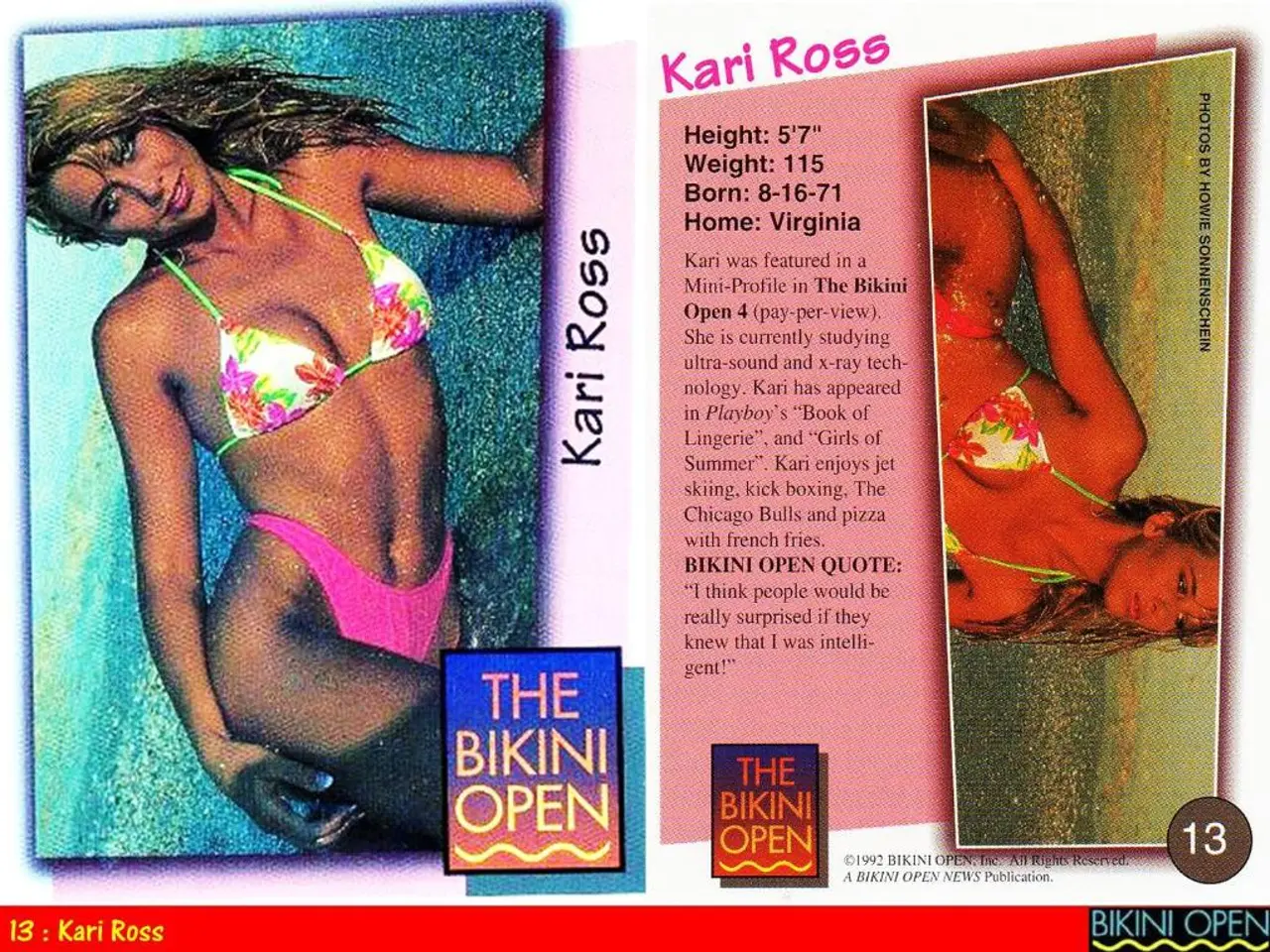Claims for De-sunscreening Gain Notability, Worrying Health Professionals
In recent times, social media influencers have been promoting DIY "natural" sunblock recipes, questioning the safety and necessity of sunscreen. However, these claims contradict decades of research showing sunscreen's role in preventing skin cancer, premature aging, and sunburn.
The public health consequences of these anti-sunscreen messages are significant. Dermatologists report a rise in patients with severe sunburn or suspicious moles after exposure to such content online. Homemade or natural alternatives often do not provide effective UV protection, increasing the risk of skin cancer.
Sunscreens significantly reduce the risk of melanoma and non-melanoma skin cancers by blocking harmful ultraviolet (UV) radiation. Disavowing sunscreen leads to more UV damage and mutations in skin cells, increasing cancer risk.
Moreover, some anti-sunscreen claims assert that sunscreen causes vitamin D deficiency. However, regular incidental sun exposure and dietary sources normally maintain adequate vitamin D without the risks of UV damage.
Social media algorithms favour content that provokes strong emotions, leading anti-sunscreen messages to spread widely and quickly, despite lacking scientific basis. This amplifies confusion and skepticism around evidence-based sun safety advice.
Some influencers promote anti-sunscreen views to sell unproven or homemade skin products, potentially causing financial harm and health risks due to inadequate protection from UV radiation.
On the positive side, many skin care influencers use their platforms to promote proper sun protection and collaborate with dermatologists to educate about sunscreen benefits.
In conclusion, the public health consequences of influencers discouraging sunscreen use are largely negative, including increased UV-related skin damage and cancer burdens, driven by widespread misinformation and undermining of proven prevention strategies. It is crucial to prioritise evidence-based sun safety advice and promote the use of FDA-approved sunscreens for effective protection against the sun's harmful rays.
References:
- American Academy of Dermatology. (2021). Sun Safety. [Online] Available at: https://www.aad.org/public/spot-skin-cancer/learn-about-skin-cancer/prevention-and-early-detection/sunscreen
- Friedman, A. (2021). Influencer marketing in dermatology: A double-edged sword. Journal of Drugs in Dermatology, 20(4), 397-400.
- National Cancer Institute. (2021). Skin Cancer Prevention. [Online] Available at: https://www.cancer.gov/about-cancer/causes-prevention/risk/sun/skin-cancer-prevention
- Centers for Disease Control and Prevention. (2021). Skin Cancer. [Online] Available at: https://www.cdc.gov/cancer/skin/index.htm
- U.S. Food and Drug Administration. (2021). Sunscreens. [Online] Available at: https://www.fda.gov/cosmetics/product-and-ingredient-safety/sunscreens
- Numerous medical conditions and skin conditions can be exacerbated by prolonged sun exposure, making the importance of sunscreen in health-and-wellness and skin-care crucial.
- The push towards DIY sunblock recipes by certain influencers, even though they may support natural or 'organic' living, could potentially lead to deficiencies in necessary nutrition and increased risk of skin conditions.
- Collaborations between skin care influencers and dermatologists focusing on promoting sunscreen use, understanding its role in skin-care and health-and-wellness, and debunking misconceptions about sunscreen are pivotal in maintaining evidence-based sun safety advice.




